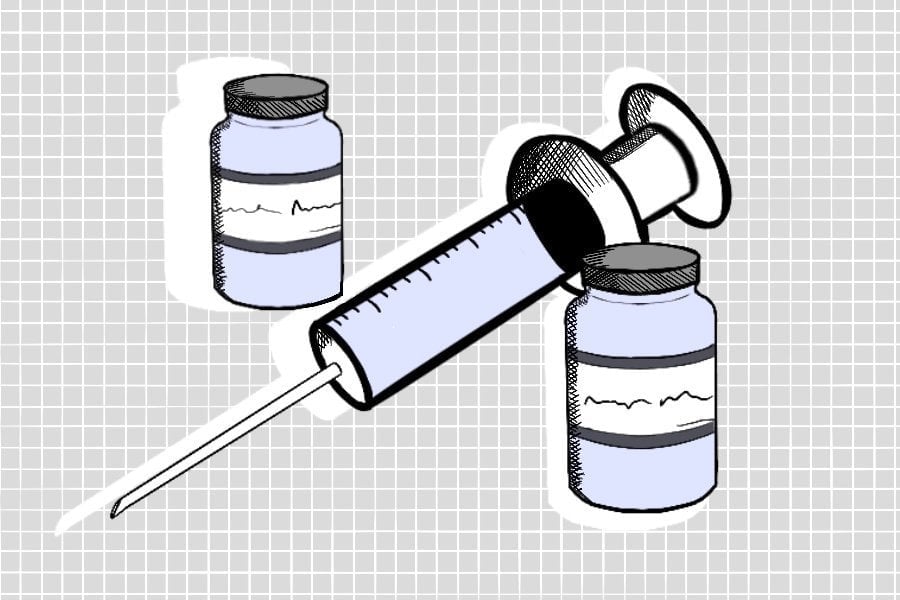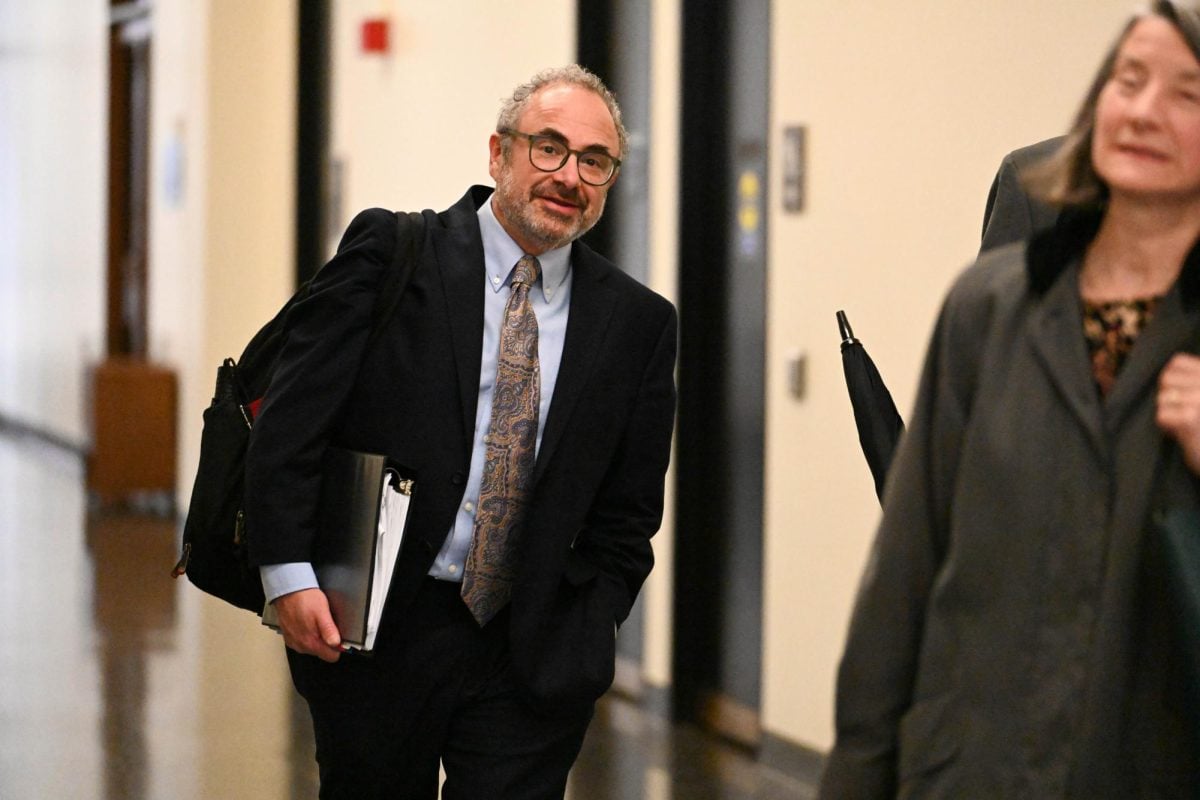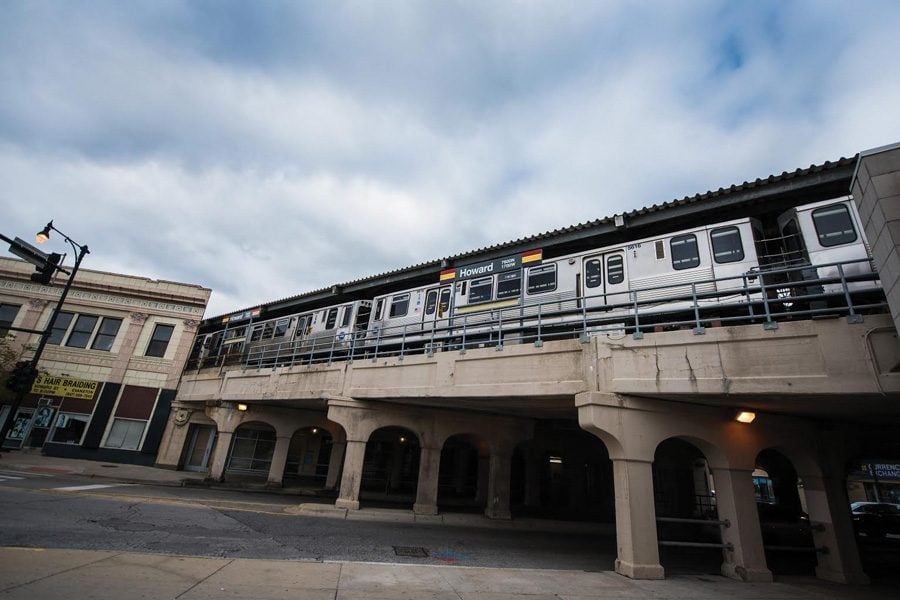In their efforts to reduce Evanston’s environmental impact and generate much-needed revenue, city officials are turning to an unlikely source: garbage.
In changes that took effect April 1, the Evanston Public Works Department restructured the city refuse, recycling and yard waste fee structure.
Previously, families paid $6.95 monthly for trash collection. Since the changes, families will now pay a tiered charge based on the size of their garbage bin, said Suzette Robinson, director of public works. If a household chooses to keep the standard 95-gallon bin, it will pay $10.95 monthly, Robinson said. For households that downsize to a 65-gallon bin, the fee will stay at $6.95.
To promote recycling, households now have increased recycling capacity, from 18-gallon bins to 65- or 95-gallon bins, Robinson said.
“Our refuse amounts and disposal fees have continued to increase over the years,” she said. “The new structure is really designed to reduce cost and encourage recycling. If you recycle more, you should have less waste and be able to use the 65-gallon cart.”
Robinson said the plan will generate an estimated $500,000 per year for the city.
Previously, the city did not charge residents to collect their yard waste. Under the new structure, city government stickers must be affixed to a yard waste bag in order for it to be collected, Robinson said. The stickers can be bought for $1.75 at local supermarkets. Yard waste carts are available for an annual $25 fee.
“Yard waste is one of the costliest services,” Robinson said. “It’s the most labor intensive because of the manual lifting. We need to offset the cost of providing the services.”
Robinson said Wilmette and Glenview have similar yard waste fee programs.
The Skokie Public Works Department, however, has not implemented any changes for 2010, said Adam Letendre, assistant to the public works director there.
“Our current system seems to be working fine,” Letendre said. “There are always questions about how can we make things more efficient and equitable, but we’ve recently completed a citizen survey and an overwhelming majority of residents like the twice-a-week pickup program we have going.”
Skokie puts no limit on refuse and yard waste amounts, Letendre said. He said 80 percent of those surveyed support or strongly support a property tax increase to maintain the current services.
“It’s always fun to see new programs in other places, but things are staying the same here,” Letendre said.
Evanston resident Susan Olenick said she supports the new system because it makes recycling more convenient.
“Before, I would have to fill up multiple small (recycling) bins out back and lug them around to the front once a week,” she said. “Now there’s just one large bin I have to deal with.”
Olenick said because of the increased recycling capacity, she has started to recycle more.
“The new bins are big enough for me to fit everything in them, including newspapers,” she said. “Before, I had trouble recycling newspapers, because they would fly around with the open little bins. Now I can recycle them.”







